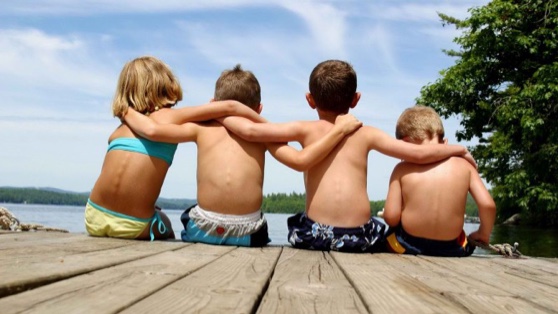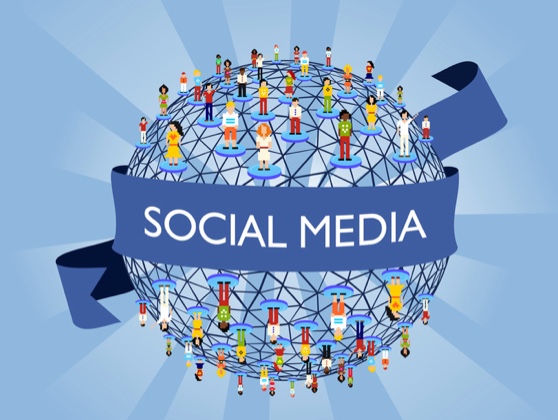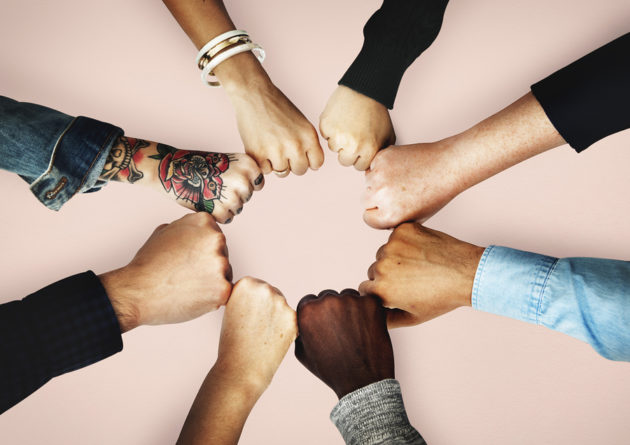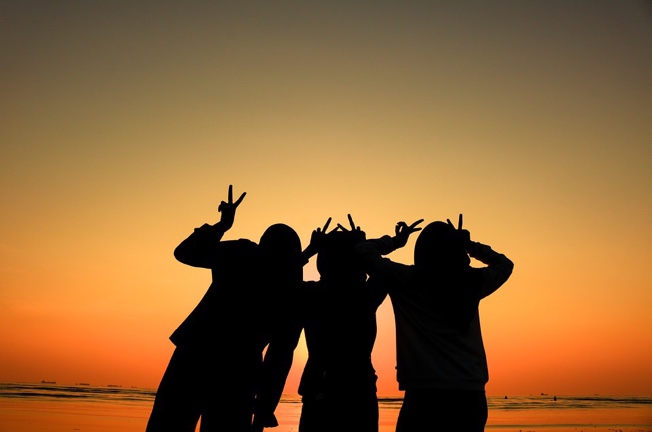The Casualization of Friendship

I’m old school. I believe that a man’s word is his bond. I firmly believe in chivalry and equality at all levels. It is pretty easy to be a good person. Lastly, the word and term of ‘friend’ has vastly changed in the last 20 years. The casualization of friendship is the new normal and that change is as drastic as the platforms and technology which has hyper-enabled this phenomenon.

Casualization refers to transformation of a workforce/labor from permanent or fixed contracts to shorter term or casual work. Our social media platforms have enabled every user on these platforms to start, build and terminate these casual friendships with a click of the mouse. We now have platform-specific ‘friends’ which are there to serve a specific purpose whether it be sharing pictures (Instagram) or career advice/outlook (LinkedIn) to just overall people connecting and social networking (Facebook). It seems there is a ‘friendship’ landing zone for whatever suits you. In many respects, one would take this as a good thing (and it is, somewhat).
How Social Media Has Changed Friendship, Trust and Communication
Nowadays, friendships are formed, cultivated, expressed, grown and even terminated on these platforms. These platforms and the capability of easier communication means that we can now have friends all over the world. We now have friends we have never physically met. We now have friends which are matched via algorithm. We now have the ability to have group chats and video calls on our phones to put name, face and voice together. We have a plethora of applications now meant just to find new friends (and even different types of friends/relationships).
We inherently trust these platforms, both the people and the information put on them. This is why we ‘friend’ a person on Facebook when we see that they know one of our friends or you both mutually liked a few pictures. People use these platform to share their lives. Some will send a tweet several times an hour, others will Snapchat away, creating little video’s for the world to see. For some, a thought equals a tweet. This sharing (or some would call it over-sharing) is both a blessing and a curse and it has great affect on any friendship. With every friendship, you tend to share what is happening in your life and what you share tends to be quite personal. It takes time to post, time to review and read all of what people think about your post. It has caused an environment where now you may question who is actually your friend and who is not solely based on the interactions online.

These platforms have also changed how we behave with each other in real life. With communication being so fluid now and everyone connected, we want instant or near instant gratification. Our expectations have drastically changed and our patience level and need for feedback on everything has become insatiable. Remember, we would wait for days for a letter in the mail (well maybe not you but definitely your parents) and now some get upset at an unreturned text message or a picture which was not liked or someone did not follow you. All of this need for information and feedback from our ‘friends’ is making many people sick, stressed and really changing the way people are interacting with each other. Online friendships is affecting real life friendships in more ways than one.
What Happened to that Friendship Bond?
It has become easier to hide behind these screens and within these platforms. New terms have been created because of our online friendships. We now have ‘friends’, ‘followers’, ‘connections.’ We now can be ‘ghosted’, ‘breadcrumbed’, ‘zombied’ and so on. There is much more narcissistic behavior on these platforms by our friends. One trying to one up the other based on the number of likes for that sundae you are about to eat on South Beach. The subtle shade given to a person you do not like or the ever present ‘humble brag’ to keep up with The Jones. All of these things have drastically changed who we call a friend and how friendships work overall.

Most people would agree that they would NOT behave this way with their friends in real life. We would never actively ignore someone, if anything we would just tell them if things go awry. What ever happened to just ‘talking things out?’ Although I am sure that many online friends have actually connected in real life, I wonder how many of the 500+ friends on Facebook (I am off social media platforms) I have actually met and actually know me. These platforms in part have made friendship, well casual. Social media has allow us to have these casual, short term, limited and focused friendships. We have learned to behave and treat online ‘friends’ differently than those in real life. Many of us have unlearned how to interact with our real life friends. How many times have you see two friends stand next to each other and text? How many people have you seen looking at a concert through their phone WHILE at the concert? All done to share with our online friends.
That friendship bond we had with our friends is much different (and definitely difficult) now. I believe there is something lost with these online friendships. Context is mostly gone and misinterpretation happens on a daily basis. I have lost count of how many conversations have gone sideways due to having a conversation via these chat technologies made available by many companies. One cannot get context with words on a screen. Intensity nor compassion comes though yet we share our most intimate thoughts, our struggles and pain on these platforms for the world to see. What we used to seek from our real life friends (compassion, congratulations, a pick me up, a pep talk), we seek likes, follows and thumbs up on these platforms to help us get through the day.

This casualization of friendship really boils down to the lack of that human connection, that bond that we have (if we are lucky enough) with our real life friends. Those friends when you need advice or a shoulder to cry on, that seems to have been lost (at least in the context of online friendship).
Maybe I feel this way because I am old school. My kids clearly do not have an issue with having ‘friends’ they have never met nor do they have an issue not being ‘friends’ with someone after they have been removed (or if they removed) from their list of friends.
Friendship runs deep, trust is earned not given or assumed by default. I hold my friends accountable for what they say and how they act. Friendship is much deeper than a name on a list and a few things in common. Social media has done great things and has made the world smaller and connected all of us. Too bad we are all looking at our screens; the human element of friendship has suffered.
2 thoughts on “The Casualization of Friendship”
Comments are closed.


Like!! Really appreciate you sharing this blog post.Really thank you! Keep writing.
A thank you is long overdue.
Its been too long but I am picking my writing back up. If you have any topics you would like me to write about, let me know!